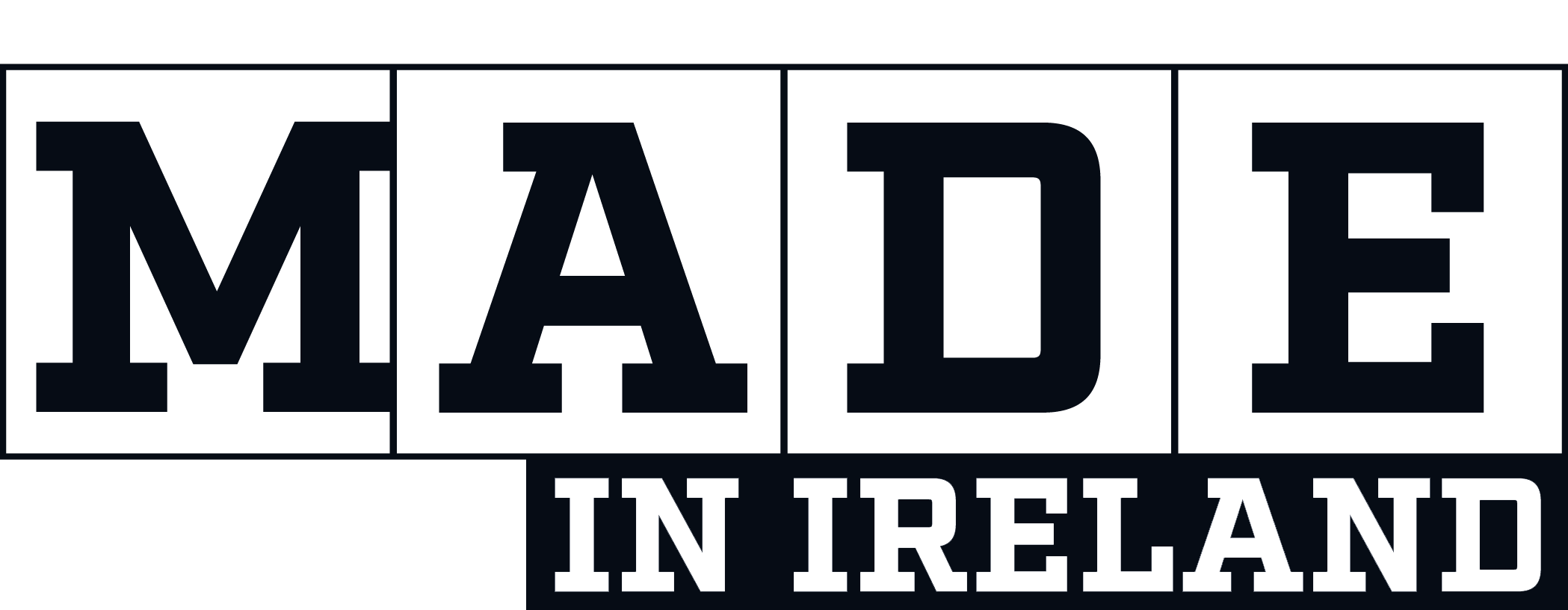According to the World Population Review, Ireland is the global leader in terms of productivity, generating GDP to the value of US$119.10 for each hour worked. While much of this can be attributed to the country’s favourable tax regime, it is also true that Ireland is a manufacturing powerhouse, particularly in the area of Life Sciences. In total, 260,000 people are employed in the Irish manufacturing sector, more than 12% of total employment in the economy. We are Europe’s leading exporter of contact lenses, immunological products and specialised nutrition products, and number two for exports of vaccines, orthopaedic products, medical devices and complex pharmaceutical goods and medicines.
Ireland is also a key manufacturer of agricultural machinery, precision engineering components and food & beverages. Our level of employment in high-technology manufacturing, at 29% of all manufacturing jobs, is the highest in the EU. According to Trending Economics, basic pharmaceutical products and preparations account for 37% of all Irish industrial production, with food products coming second at 18% and chemicals and chemical products third with 15%.
The challenge now is how to capitalise on Ireland’s strengths within the area of manufacturing to ensure we maintain our leading productivity position.
Automation: room for improvement
There is no doubt that when it comes to manufacturing, automation boosts productivity. The use of robots helps manufacturers to remain agile, cost efficient and globally competitive. Statistics consistently show that among the most productive manufacturing nations, automation rates are above average. However, Ireland has one of the lowest concentrations of robots in the EU and among advanced economies. There are only 1,478 robot installations across the entire country, compared with 245,098 in Germany. When we consider robot density, Ireland has only 54 industrial robots per 10,000 employees in manufacturing; Germany has 397. Even the UK, which is seen as a laggard in robotics and automation uptake, has 111 – more than twice the robot density of Ireland.
These statistics are especially concerning when we consider that we are facing a manufacturing skills shortage. An ageing workforce, the post-Covid ‘Great Resignation’ and outdated perceptions of manufacturing as an ‘oil and rag’ industry have all contributed to the current situation, with one recent survey reporting that half of engineering firms had difficulty filling roles.
Automation can play a key role in bridging this skills gap – robots represent the perfect replacement for hard-to-find manual workers in dull, dirty and dangerous tasks. Not only are robots more consistently accurate than a human worker, but they also enable manufacturers to make better use of the human employees they do have, upskilling them to boost recruitment and retention rates while increasing overall productivity.
Future proofing Irish manufacturing
Ireland’s Industry 4.0 Strategy 2020-2025 lays out the Government’s ambitions to make Ireland a competitive, innovation-driven manufacturing hub at the forefront of Industry 4.0 development and adoption. But this can only be achieved if we increase our automation uptake. The signs are already strong; in 2022, FANUC established a new automation facility in Maynooth, Co Kildare in response to growing demand from Irish manufacturers for our industrial robots and automation systems. We are also investing in training, both on-site at larger customers’ facilities and at our own offices, and are working closely with the Technical Universities and apprenticeship programmes to develop the next generation of engineering talent.
Ireland’s manufacturing sector is recovering strongly from the effects of Covid – output was up 23% year-on-year in February 2023. Looking towards a future in which our current tax advantages have been eroded, building on our home-grown productivity will be essential to ensuring our competitiveness in a global market. If a foreign-owned plant in this country is competing against a sister plant elsewhere in the world for the next generation of an existing product, efficiency achieved through automation will be essential to winning the business and keeping it here. Put simply, automation is Ireland’s route to continued productivity success.










